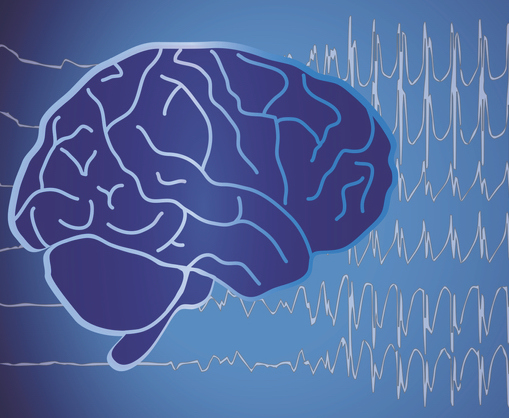Some develop epilepsy after autoimmune encephalitis
February 1, 2019

It has become apparent over the course of time in studies of autoimmune encephalitis that unfortunately some patients go on to develop epilepsy. It is a minority, but occurs in a significant percentage of patients. A new publication just out from two centers in Rome, Italy reported results from a retrospective study conducted on adult AE patients. The authors investigated whether any factors during the early phase of AE would predict a greater likelihood of developing epilepsy later. They found 39.4% of patients developed chronic epilepsy, primarily with temporal lobe seizures.
Predisposing factors to epilepsy were: a delay in AE diagnosis (defined as >3 months), low seizure frequency at the onset of illness, and absence of amnestic syndrome at onset. No difference was found between “seropositive” (known antibodies found) and “seronegative” patients; many different types of antibodies were represented. All patients received immunotherapy. They noted it can be difficult for physicians to discern whether a person’s seizures are the result of an ongoing inflammatory process or the development of a chronic epilepsy. The full paper may be read here.
An earlier study by physicians at the Mayo Clinic (2014) on various types of encephalitis similarly found 46.5% of those in the autoimmune group developed epilepsy after AE. They stated those more likely to develop this long-term outcome were patients who had seizures during the acute phase of the illness or whose MRI was abnormal. (Unlike the more recent study, all types of encephalitis were included in this study-viral as well as unknown causes.) However, the authors were pleased to report a good functional outcome for the majority of these patients despite their epilepsy.